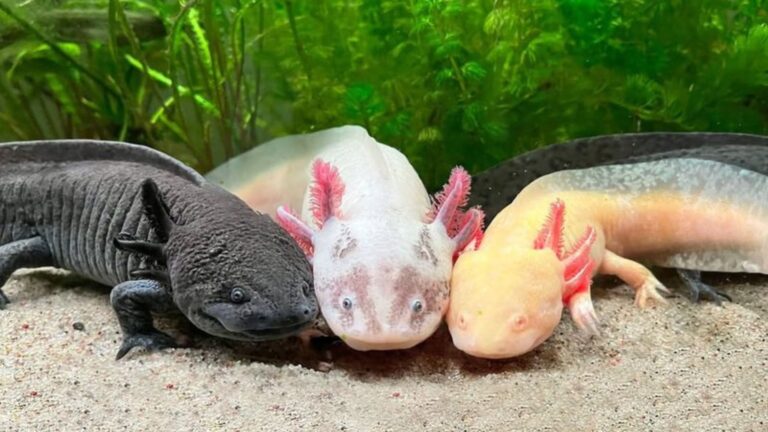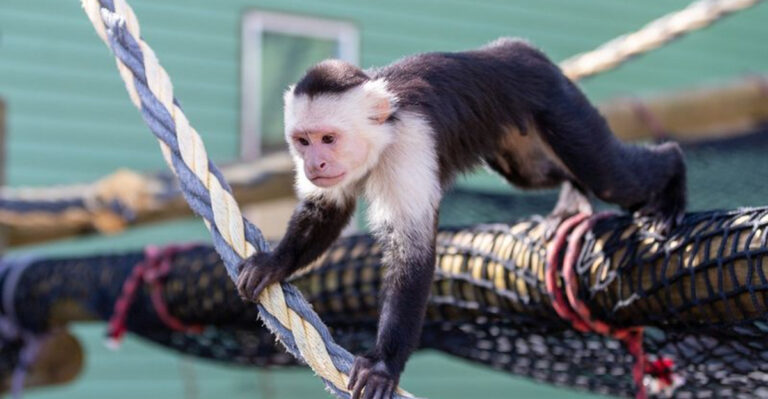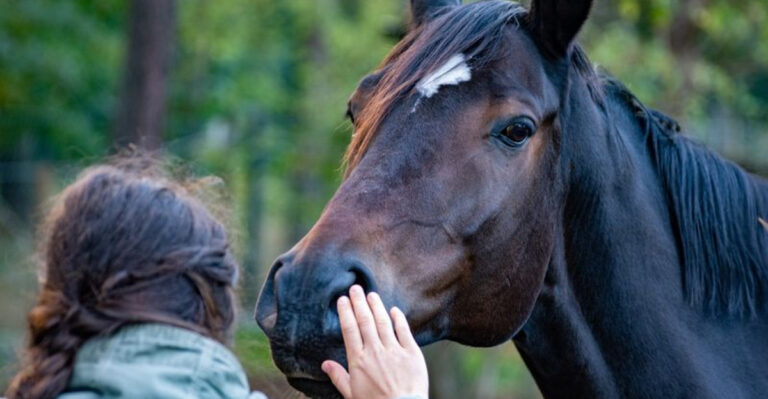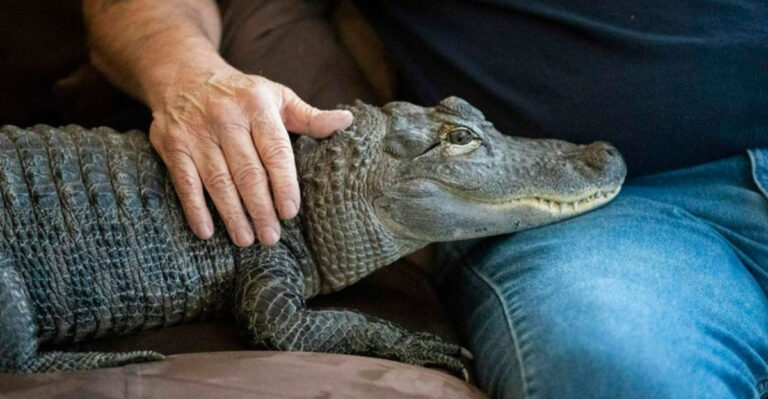16 Interesting Facts About Donkeys
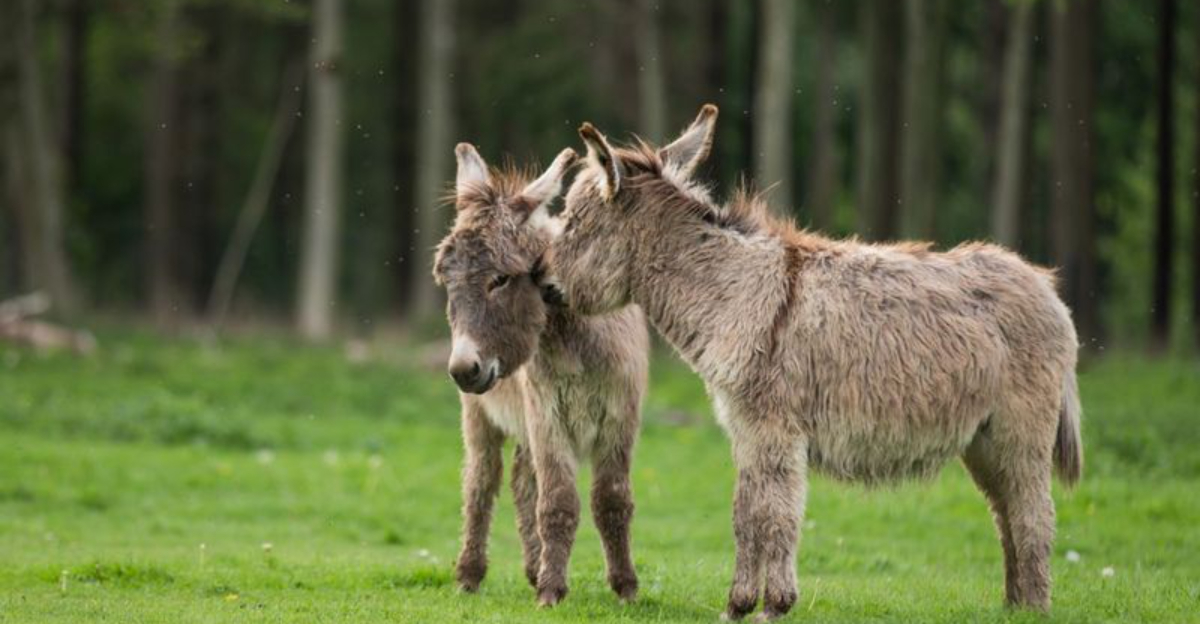
Donkeys are far more fascinating than they might first appear. These charming creatures have been companions to humans for thousands of years, offering a wealth of surprising traits and talents.
Prepare to be amazed as we delve into some of the lesser-known aspects of these often-underestimated animals.
1. Donkeys’ Incredible Memory
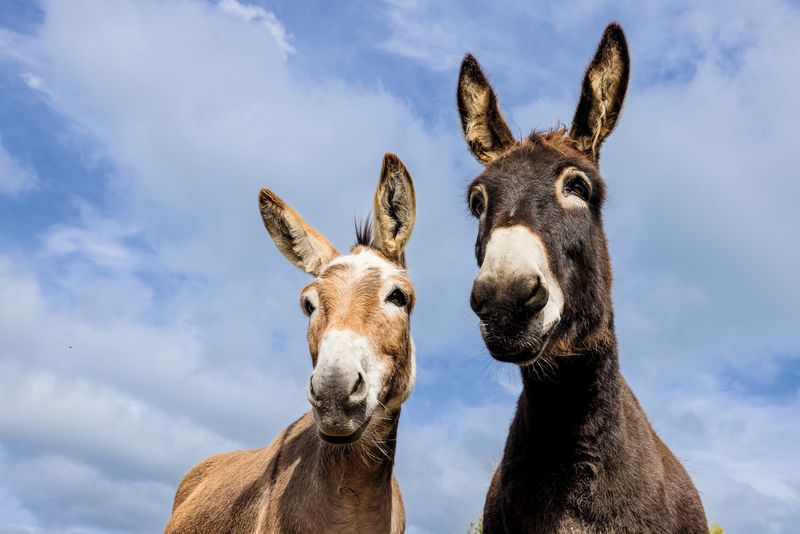
Did you know donkeys have an astounding memory? These intelligent animals can remember other donkeys and places they’ve been to for many years. Their cognitive abilities are comparable to dolphins and dogs, often surprising their human companions.
Whether it’s recognizing a familiar face or recalling a path they’ve walked before, donkeys are more aware of their surroundings than you might think. They might just remember you longer than your best friend.
2. Communication Through Braying
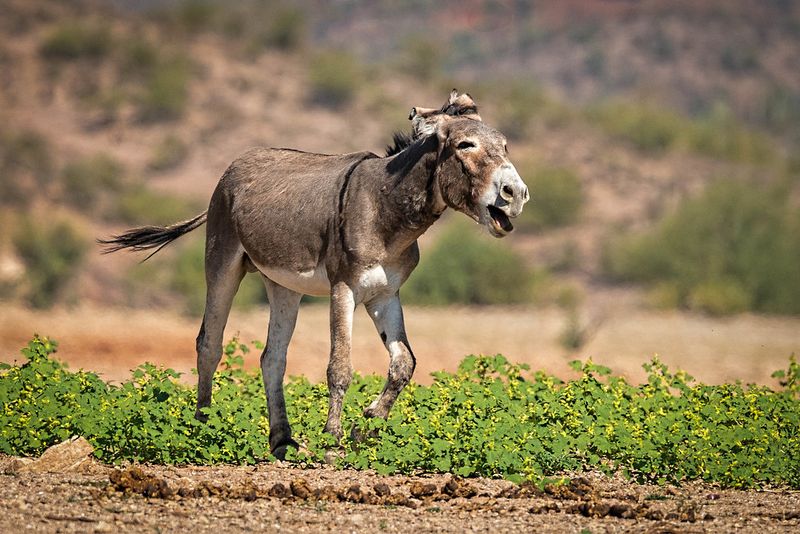
Ever heard a donkey bray? It’s their way of communicating, and it can be heard up to 60 miles away in the desert. This loud call isn’t just noise; it’s a complex form of communication.
Whether they’re expressing excitement or warning of danger, donkeys have a unique voice that makes them stand out. Next time you hear one, try to decipher the message hidden in their bray!
3. Surefooted Climbers
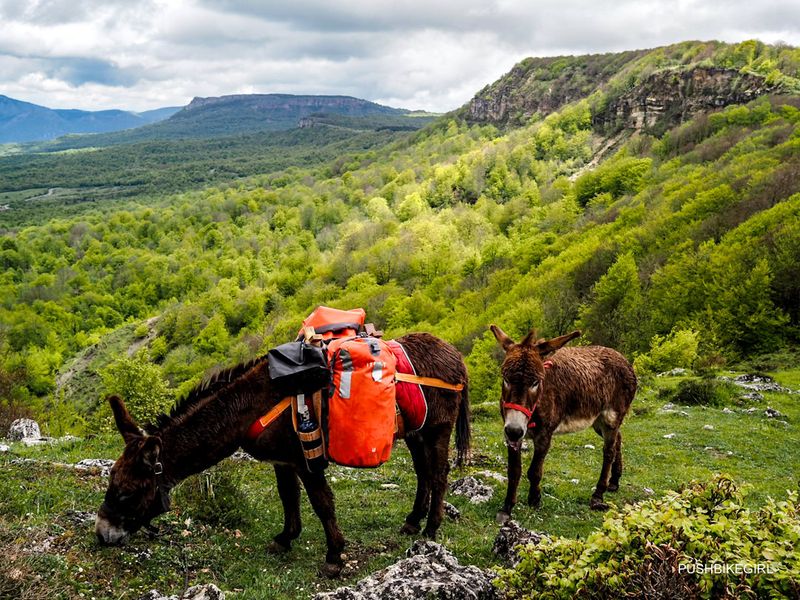
Donkeys are natural mountaineers. Their surefootedness allows them to traverse rocky terrains that would challenge even the most experienced hikers. Unlike other animals, they place their feet with confidence and precision.
This ability makes them invaluable in mountainous regions, where they’ve been used for carrying goods for centuries. They might not look athletic, but donkeys possess a hidden agility that’s truly impressive.
4. Long-Lived Companions
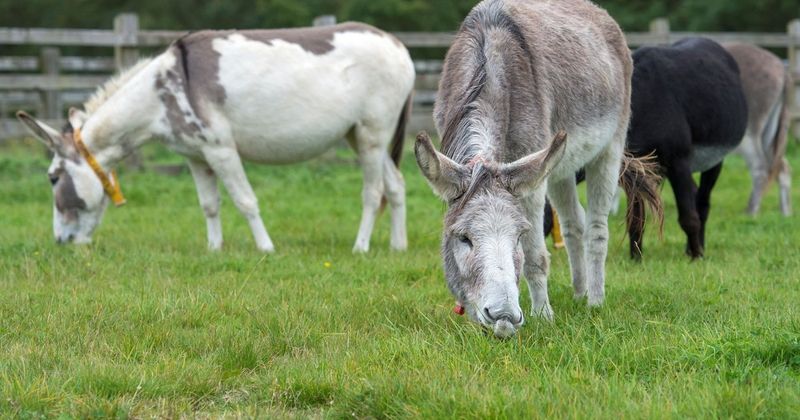
Donkeys often live longer than other domestic animals, with lifespans reaching up to 50 years. This longevity makes them cherished companions for life.
Their laid-back lifestyle and resilience keep them going strong through decades of friendship and service. If you’re lucky enough to have a donkey in your life, you’ve likely found a friend for the long haul.
5. Guard Animals Extraordinaire
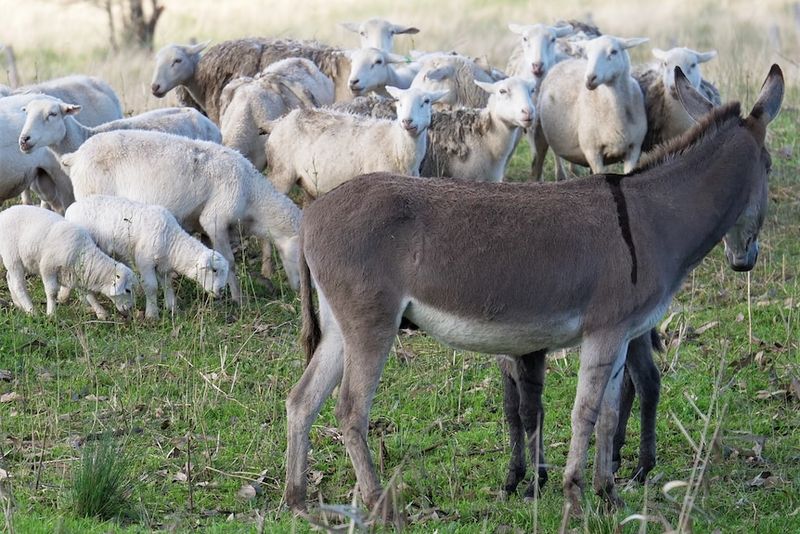
Donkeys aren’t just pack animals; they make excellent guards too. With a natural instinct to protect, they’re often used to safeguard herds of sheep and goats.
Their presence deters predators like wolves and coyotes, making them reliable protectors on farms. If you ever see a donkey among livestock, know it’s on duty, watching over its charges with a keen eye.
6. Social Creatures
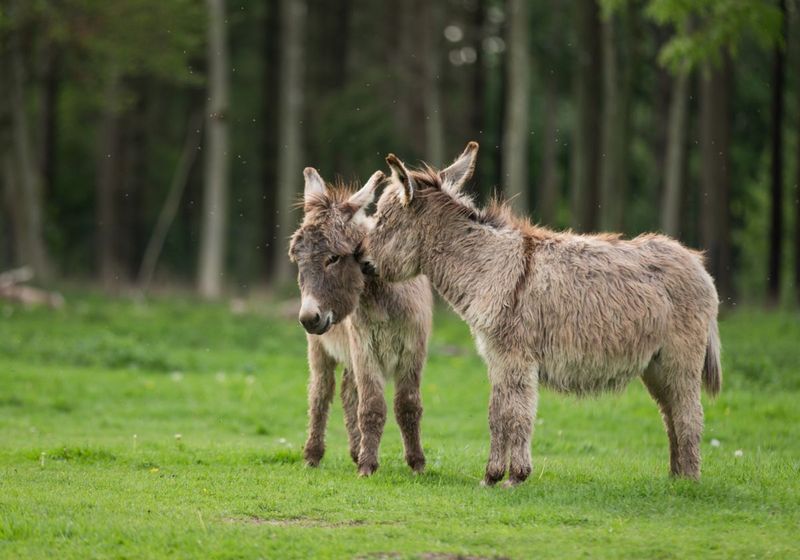
Donkeys thrive on social interaction. They form strong bonds with one another and can become quite attached to their human caregivers. Their social nature is a testament to their intelligence and emotional depth.
In the wild, they live in herds, relying on each other for protection and companionship. If you ever get the chance to befriend a donkey, you’ll find a loyal and loving companion.
7. Stubborn Yet Smart
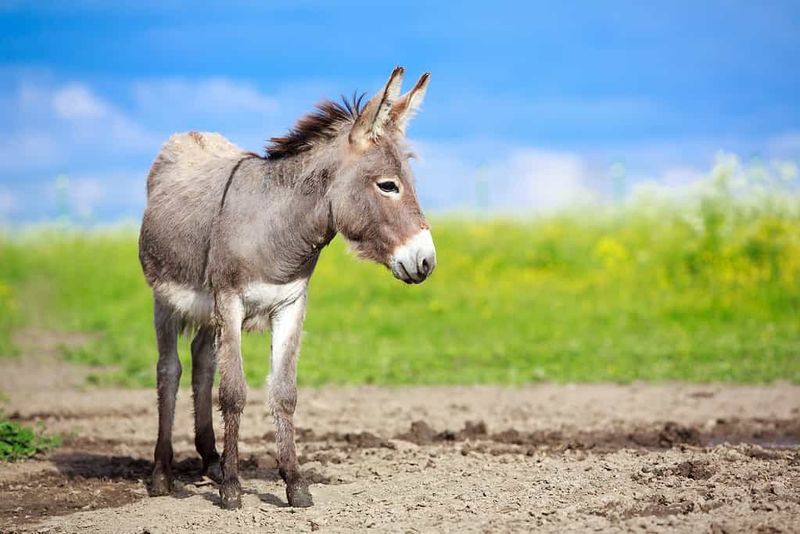
The popular belief that donkeys are stubborn is closely tied to their intelligence. Unlike other animals, they won’t do something if they perceive it as dangerous.
Their so-called stubbornness is actually a form of self-preservation, a smart way to assess situations before proceeding. Next time you see a donkey standing firm, know it’s making a calculated decision.
8. Sensitive Hearing
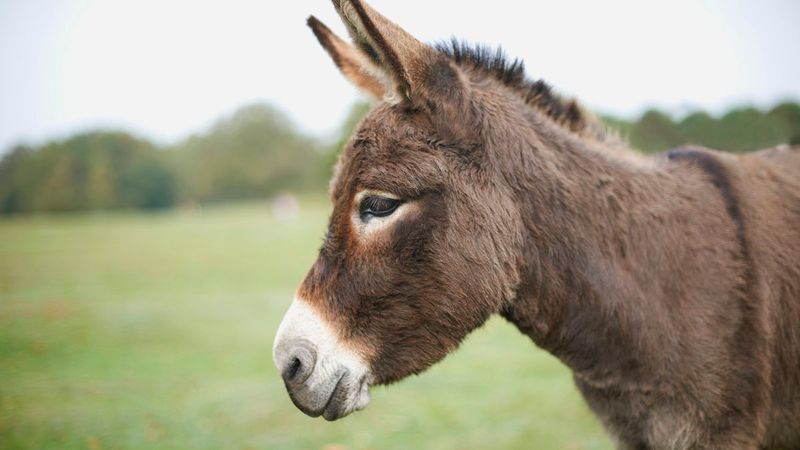
Donkeys possess exceptionally sensitive hearing. Their large ears can pick up sounds from miles away, alerting them to potential threats or the approach of friends.
This acute sense of hearing is another reason they’re such effective guards and companions. When you see a donkey’s ears twitching, it’s likely tuned into something you might not even notice.
9. Hardy Desert Dwellers
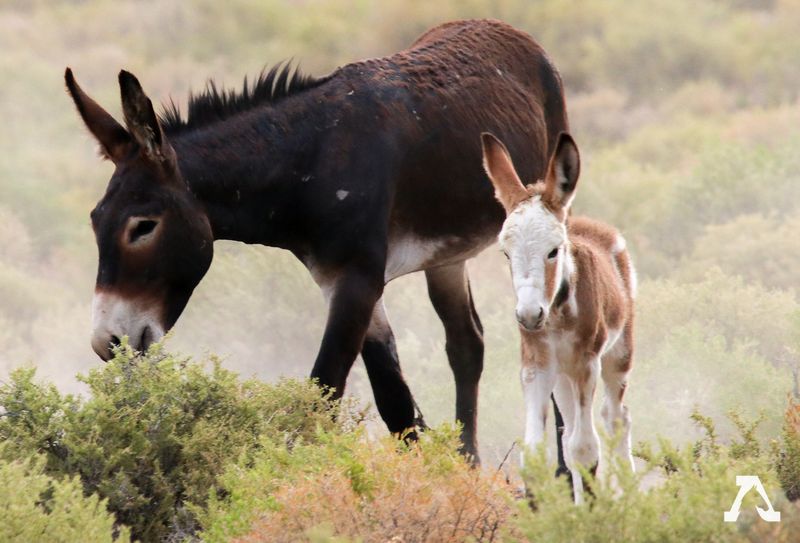
Did you know donkeys are naturally adapted to survive in harsh desert climates? Their bodies are designed to conserve water, allowing them to thrive where other animals struggle.
This resilience makes them indispensable in arid regions, where they provide transportation and companionship. They may not be flashy, but donkeys’ ability to endure tough conditions is nothing short of remarkable.
10. Expressive Ears
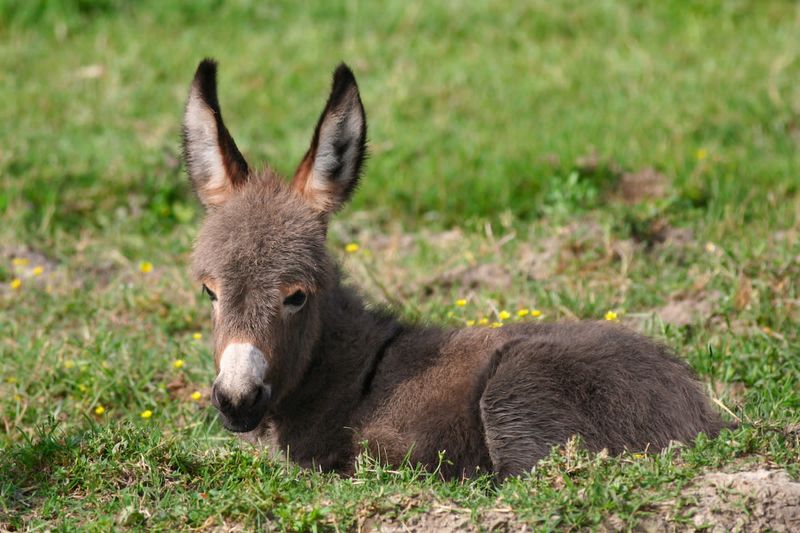
A donkey’s ears are more than just for hearing; they’re expressive tools for communication. By observing the position of their ears, you can gauge their mood, whether they’re curious, annoyed, or content.
This ear language provides insights into their thoughts and feelings, making them more relatable and understandable companions. Next time you see a donkey, take a peek at its ears, and you might just learn something new.
11. Adaptable Diet
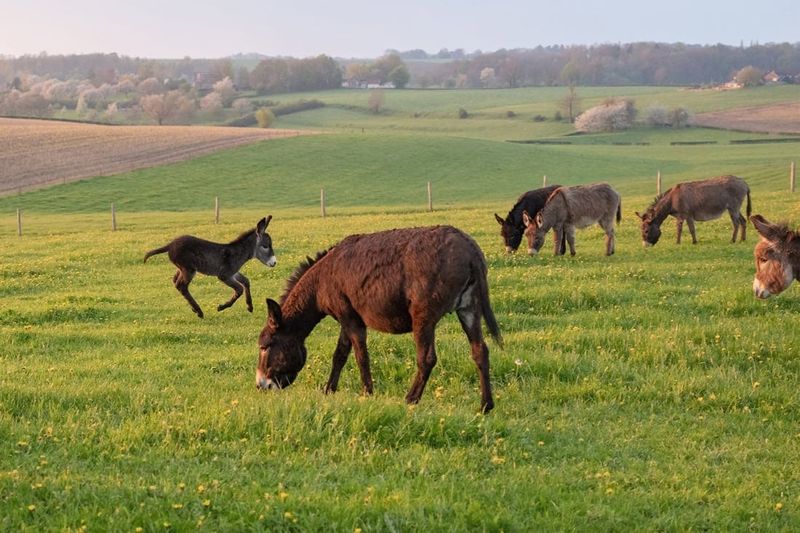
Donkeys aren’t picky eaters. They’ve evolved to consume a wide range of vegetation, making them adaptable to various environments.
This varied diet ensures they can survive even when food is scarce, a trait that has made them reliable companions throughout history. Whether they’re munching on grass or nibbling on shrubs, donkeys make the most of whatever is available.
12. Gentle Giants
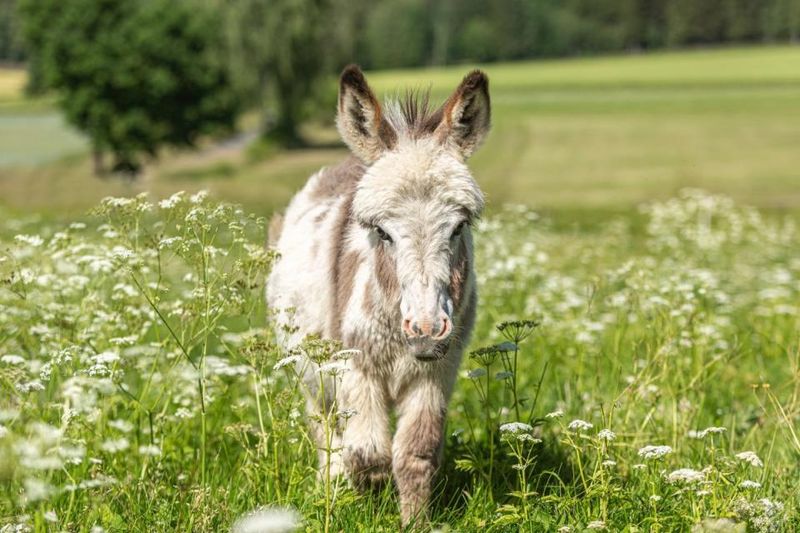
Despite their size, donkeys are known for their gentle nature, especially around children. Their calm and patient demeanor makes them favorites in petting zoos and therapy programs.
This gentle giant quality allows them to connect with people of all ages, providing companionship and comfort. Their soothing presence is a reminder that size doesn’t determine kindness.
13. Spiritual Significance
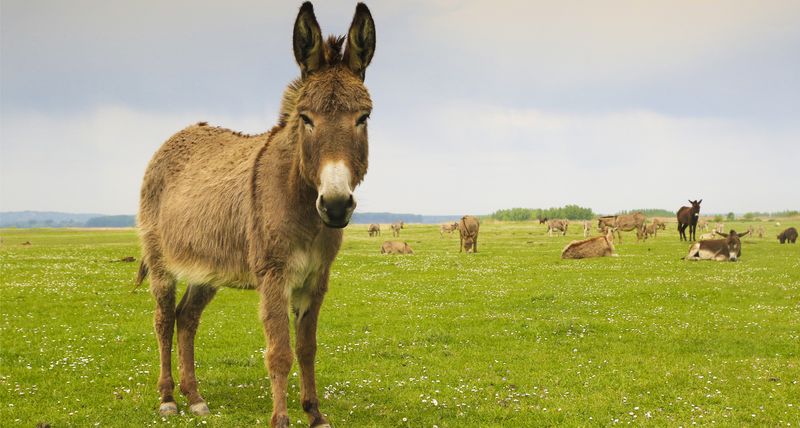
Donkeys have held spiritual significance across cultures and religions for centuries. In Christianity, they are celebrated for carrying Mary to Bethlehem. In other cultures, they symbolize peace and humility.
Their understated presence in religious narratives highlights their importance beyond mere utility. Donkeys remind us of the deeper meanings they carry, often quietly and humbly.
14. Eco-Friendly Transport
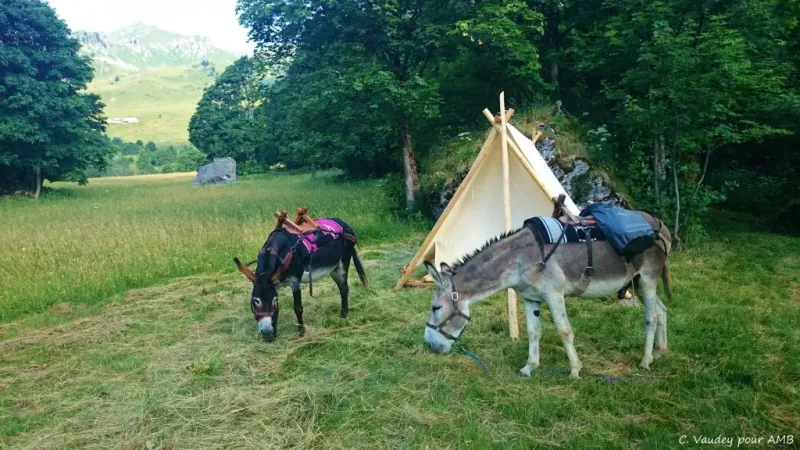
As eco-friendly options become more important, donkeys offer a sustainable transportation method. Their ability to carry heavy loads without the need for fuel makes them a green alternative in rural areas.
By choosing donkeys for transport, communities can reduce their carbon footprint while maintaining efficiency. They prove that sometimes traditional methods have advantages over modern technology.
15. Cultural Icons
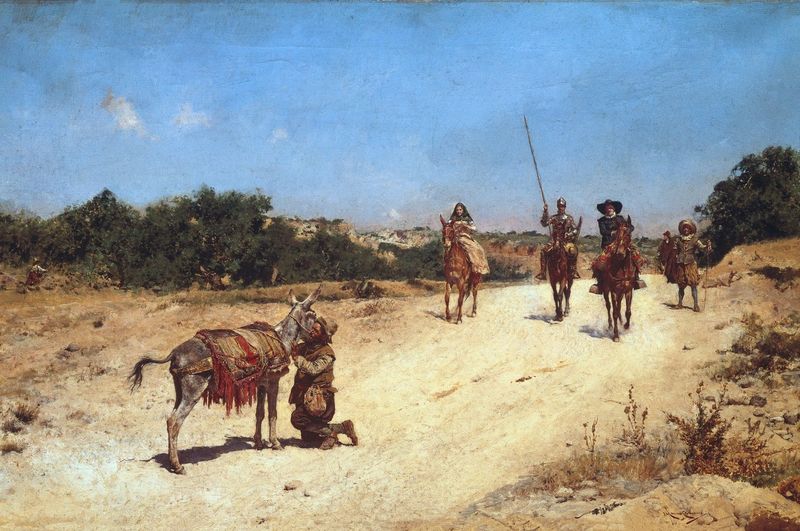
Throughout history, donkeys have been featured in art, literature, and folklore. From Aesop’s fables to Picasso’s paintings, they’ve inspired countless works.
Their enduring presence in cultural narratives underscores their symbolic power and connection with human stories. Donkeys serve as a muse for artists and writers, reminding us of their deep-rooted place in our collective imagination.
16. Resilient Survivors
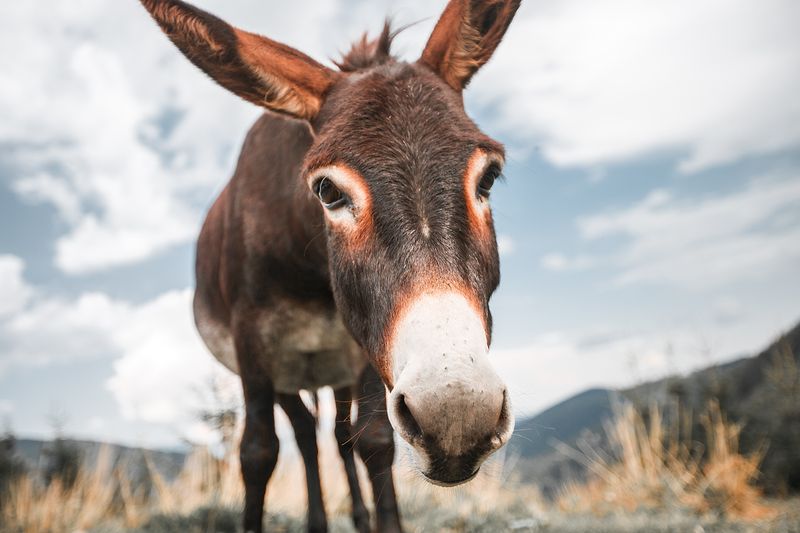
Donkeys are resilient survivors, thriving in environments where other animals might falter. Their physical and mental toughness allows them to endure hardships with grace.
This resilience has made them vital partners for humans, especially in challenging terrains. No matter the obstacles, donkeys face them head-on, embodying strength and perseverance.


